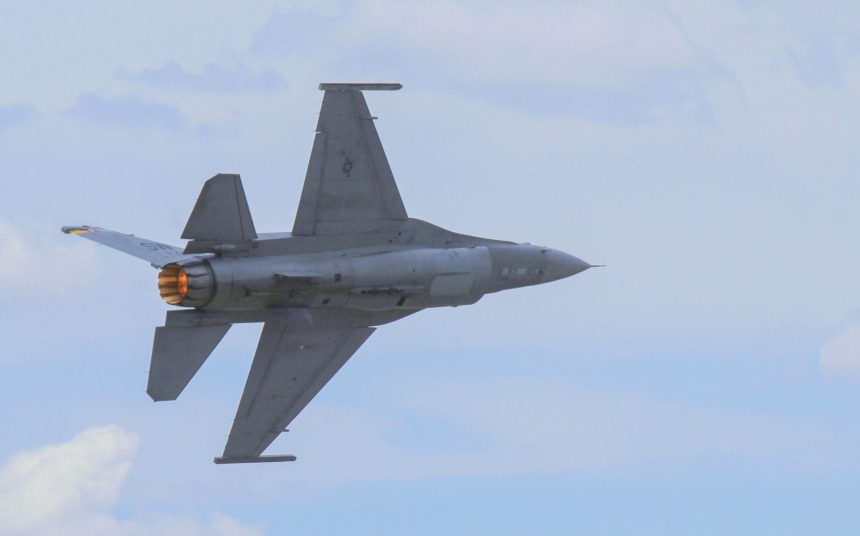Dubai, UAE – The biennial Dubai Airshow is set to take place from November 13-17, 2021, amidst ongoing tensions in the region. The event, known for its significance in the aviation industry, serves as a barometer for commercial deals and arms purchases. This year, however, the backdrop of the Israel-Hamas war in Gaza has added a geopolitical dimension to the show. While the conflict has disrupted commercial travel and dampened demand in certain markets, the airshow is expected to highlight the recovery in demand for long-haul jets. In this article, we delve into the impact of the regional tensions on the aviation industry and explore the prospects for aircraft orders at the Dubai Airshow.
The Impact of the Israel-Hamas War on Aviation
The Israel-Hamas war has had far-reaching implications for the aviation industry. As the conflict escalated, airlines were forced to suspend flights to Israel due to the targeting of the country’s airports by Hamas rocket fire. The closure of airspace and the collapse of tourism have further exacerbated the challenges faced by airlines operating in the region. Moreover, the risk of regional spillover has led to a decrease in travel to the Middle East and North Africa, as travelers opt to cancel or postpone their plans.
Richard Aboulafia of AeroDynamic Advisories highlights the geopolitical significance of the Dubai Airshow in the current context, stating, “It’s going to be a really interesting show from a geopolitical standpoint.” While the war is not expected to unravel previously planned aircraft orders, it may raise questions about future growth plans for carriers in regions seeking to expand their air travel, such as Saudi Arabia.
Recovery in Demand for Long-Haul Jets
Despite the challenges posed by the regional tensions, the Dubai Airshow is anticipated to showcase a recovery in demand for long-haul jets. Emirates, one of the key players in the Middle East aviation market, is reportedly considering placing orders for Airbus A350, Boeing 787, or Boeing 777X aircraft. This potential order would provide a much-needed boost for the Boeing 777X program, which has faced significant delays and challenges in its development.
Emirates Chief Operating Officer, Adel Al Redha, acknowledges the impact of the war on demand from markets in parts of Asia, stating that it has been “slightly impacted.” However, he also emphasizes the airline’s ability to adapt operations and mitigate risks. Other airlines in the region, such as Royal Jordanian, have seen a major drop in reservations and have resorted to flying longer routes to avoid Israeli airspace, leading to increased operating costs.
Prospects for Aircraft Orders at the Dubai Airshow
The Dubai Airshow traditionally serves as a platform for major commercial deals in the aviation industry. This year, despite the challenges posed by the regional tensions, the show is expected to yield significant aircraft orders. Emirates’ potential order for long-haul jets will be closely watched, as it could provide a much-needed boost for manufacturers such as Boeing.
Boeing’s 777X program, which has faced delays and regulatory challenges, is eagerly awaiting a new order from Emirates. The delivery of the long-delayed 777-9 version is currently scheduled for October 2025, but industry sources suggest ongoing pressure on development schedules. Boeing remains optimistic, maintaining that there is no change to its estimates.
In addition to Emirates, other airlines such as Saudi Arabia’s Riyadh Air, Flydubai, Etihad, and India’s IndiGo are also expected to make significant announcements at the Dubai Airshow. Boeing and Airbus are engaged in a tight competition for narrow-body plane orders, with sources suggesting that Boeing is currently the favored choice for Riyadh Air.
See first source: Reuters
Featured Image Credit: Photo by Chandler Cruttenden; Unsplash – Thank you!







